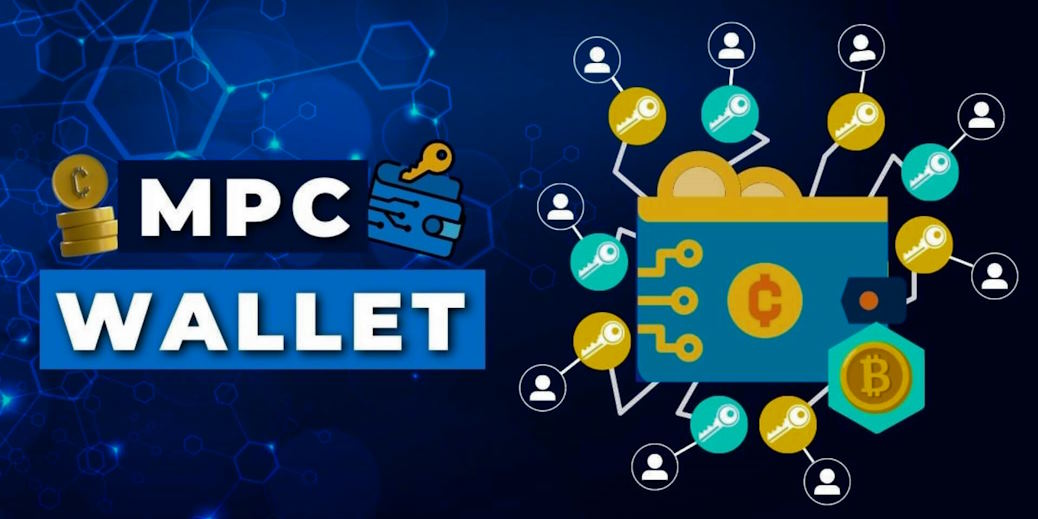The Role of Encryption in Securing Crypto Wallets
Protecting Private Keys
Private keys are the cryptographic keys that grant access to one’s cryptocurrency holdings. Encryption is employed to secure these keys, ensuring only authorized individuals with the correct decryption key can access and use them.
Transaction Security
Encryption is fundamental in securing the transmission of transaction data between the wallet and the blockchain. It prevents interception and tampering while transferring funds, maintaining the confidentiality and integrity of transactions.
Password Protection
Many cryptocurrency wallets use encryption to protect user passwords. Encrypted passwords enhance the security of wallet access, making it more challenging for unauthorized individuals to gain control.
Securing Backup Phrases
Wallets often provide users with backup phrases or seeds, which are essential for recovering access to the wallet in case of loss or device failure. Encrypting these backup phrases is crucial to prevent unauthorized access in the event of their retrieval.

Tips on Choosing Wallets with Robust Encryption
Hardware Wallets
Hardware wallets are considered one of the most secure options. They store private keys offline, away from potential online threats. When choosing a hardware wallet, ensure that it employs strong encryption algorithms.
Open Source Software
Consider open source wallets, allowing the community to review and verify the code. This transparency enhances trust and ensures that the encryption methods used are robust.
End-to-end Encryption
Look for wallets that implement end-to-end encryption for communication between the wallet and the blockchain. It ensures that transaction data remains confidential and unaltered during transmission.
Passphrase Protection
Choose wallets that allow the use of additional passphrase protection. This extra layer of security ensures that even if someone gains access to your wallet’s backup phrase, they still need the passphrase for decryption.
Regular Updates
Security is an evolving field, and vulnerabilities are continually being addressed. Opt for wallets that receive regular updates and improvements to their encryption mechanisms.
Reputation and Reviews
Research the reputation of a wallet provider and read user reviews. Established wallets with positive reviews often prioritize security, including robust encryption practices.
Multi-Signature Wallets
Consider using multi-signature wallets that require multiple private key signatures to authorize a transaction. It adds an extra layer of security through distributed control.





